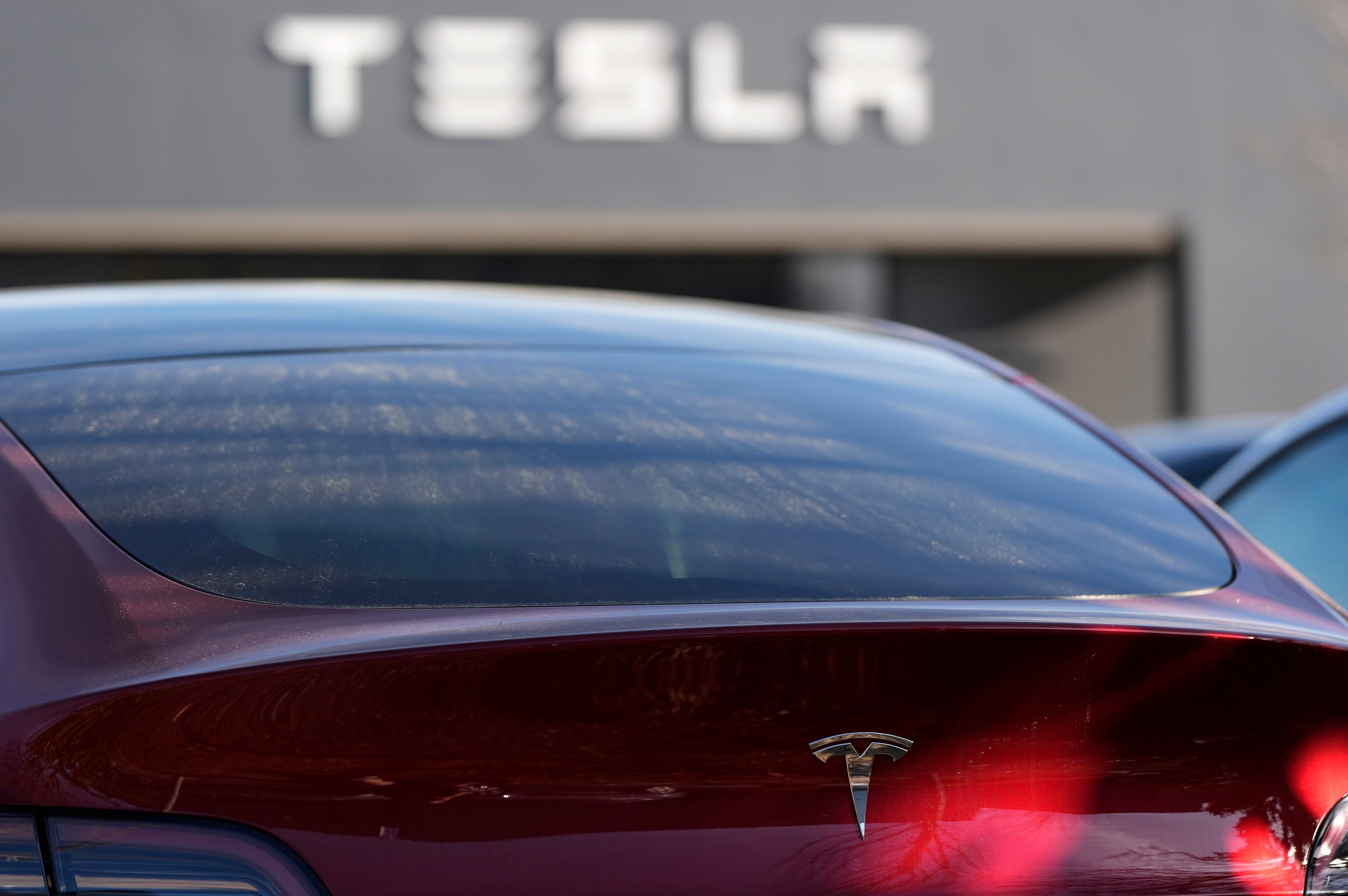Why your car’s safety tech needs maintenance, too

When your car complains, it’s usually about low oil, tire pressure, or an open door, with simple notifications on the dashboard.
But what about the features quietly working to help keep you safe? Automatic emergency braking, lane-keeping assist, blind-spot monitoring, and adaptive cruise control were once luxury options. Now, these Advanced Driver-Assistance Systems, also known as ADAS, are commonplace in newer vehicles, working so smoothly that many of us rely on them without a second thought.
A warning beep is helpful, but only if the sensor providing the information is accurate. That is not always the case. A minor fender bender in a parking lot, a windshield replacement, or even a basic wheel alignment can knock cameras and radar sensors out of calibration. The system may power on with no dash light and appear to function correctly, but its perception of distance and position can be off just enough to be dangerous at highway speeds.
How calibration drifts
ADAS relies on precisely aimed cameras and sensors to see the world. Unlike a tire, a sensor’s health is not about wear and tear; it is about proper alignment. The electronics can be working perfectly, but if the aim is wrong, the system is compromised. Think of it like a smoke detector installed at the wrong angle — the battery is fresh, but it won’t detect smoke where it should.

Most vehicles will only warn you if a sensor is completely blocked or offline, and self-diagnosing isn’t universal. The independent Insurance Institute for Highway Safety recommends automakers work to simplify and standardize calibration procedures.
Several common situations can cause this misalignment:
- Minor bumps: A low-speed collision in a parking lot can shift a radar unit hidden behind the bumper cover.
- Windshield replacement: The forward-facing camera is often bonded to the glass and typically requires recalibration after a replacement.
- Suspension and alignment: Changing the vehicle’s suspension geometry with new parts or a wheel alignment alters what the camera perceives as “straight ahead.”
- Pothole or curb strikes: A hard impact can be enough to jostle sensor brackets and throw off their aim.
Ignoring a potential issue creates a false sense of security. Symptoms of miscalibration can include “phantom braking” for no reason, delayed collision warnings, or lane-keeping assistance that pushes you too close to one side of the lane. A camera that is off by just 1 degree can misjudge an object’s position by more than three feet at a distance of 200 feet, which is more than enough to cause a malfunction.
The role of software updates
Automakers use over-the-air software updates to refine ADAS performance. These updates can fix bugs, reduce false alarms, and improve how the system interprets its surroundings. However, software is not magic. An update cannot repair a damaged sensor, clear a blocked camera, or realign radar after bodywork.
Those issues require physical calibration at a repair facility with specialized targets and diagnostic tools. Some OTA updates even alter ADAS parameters in ways that make a subsequent recalibration necessary.
When to get your ADAS checked
Because miscalibration rarely triggers a warning light, you should treat it as a required maintenance step whenever your vehicle’s “eyes and ears” are affected.
- After any windshield repair or replacement.
- Following any work on the bumper, including repairs or repainting.
- After any collision repairs, no matter how minor.
- When you get a wheel alignment, suspension work, or change your ride height or tire size.
- After a significant pothole or curb impact.
If a shop tells you calibration is not needed, ask how they verified the sensors’ alignment. Reputable glass, body, and dealership service centers perform calibrations in-house or sublet the work to a specialty facility.
What to expect at the shop
Professional calibration is not a do-it-yourself job. Technicians use two main methods: static calibration, which involves aiming sensors at specific printed or digital targets in a controlled workshop environment, and dynamic calibration, which requires a controlled road test using diagnostic equipment.
The cost can range from a diagnostic fee to several hundred dollars for a full, multisystem calibration. Insurance often covers this cost if it is part of a covered repair, like a windshield replacement or post-collision bodywork, but only if it is documented on the initial estimate. AAA found the ADAS portion of a windshield replacement averaged about $360 for three 2023 models, and those systems can account for 25—38% of certain repair scenarios. Before you leave the shop, confirm they will calibrate the ADAS and provide you with a printed or digital calibration report with your final invoice.
Finally, basic cleanliness counts. A quick wipe of camera lenses and sensor areas can often cure phantom warnings caused by dirt, bugs, or ice. If false alarms persist in clear conditions, it is time to schedule a professional check. ADAS reduces risk, but it does not transfer liability. You are still in charge.
Chris Hardesty is a veteran news researcher and editor who provides advice on buying, owning and selling cars for Kelley Blue Book and Autotrader.
The Steering Column is a weekly consumer auto column from Cox Automotive. Cox Automotive and The Atlanta Journal-Constitution are owned by parent company, Atlanta-based Cox Enterprises.


